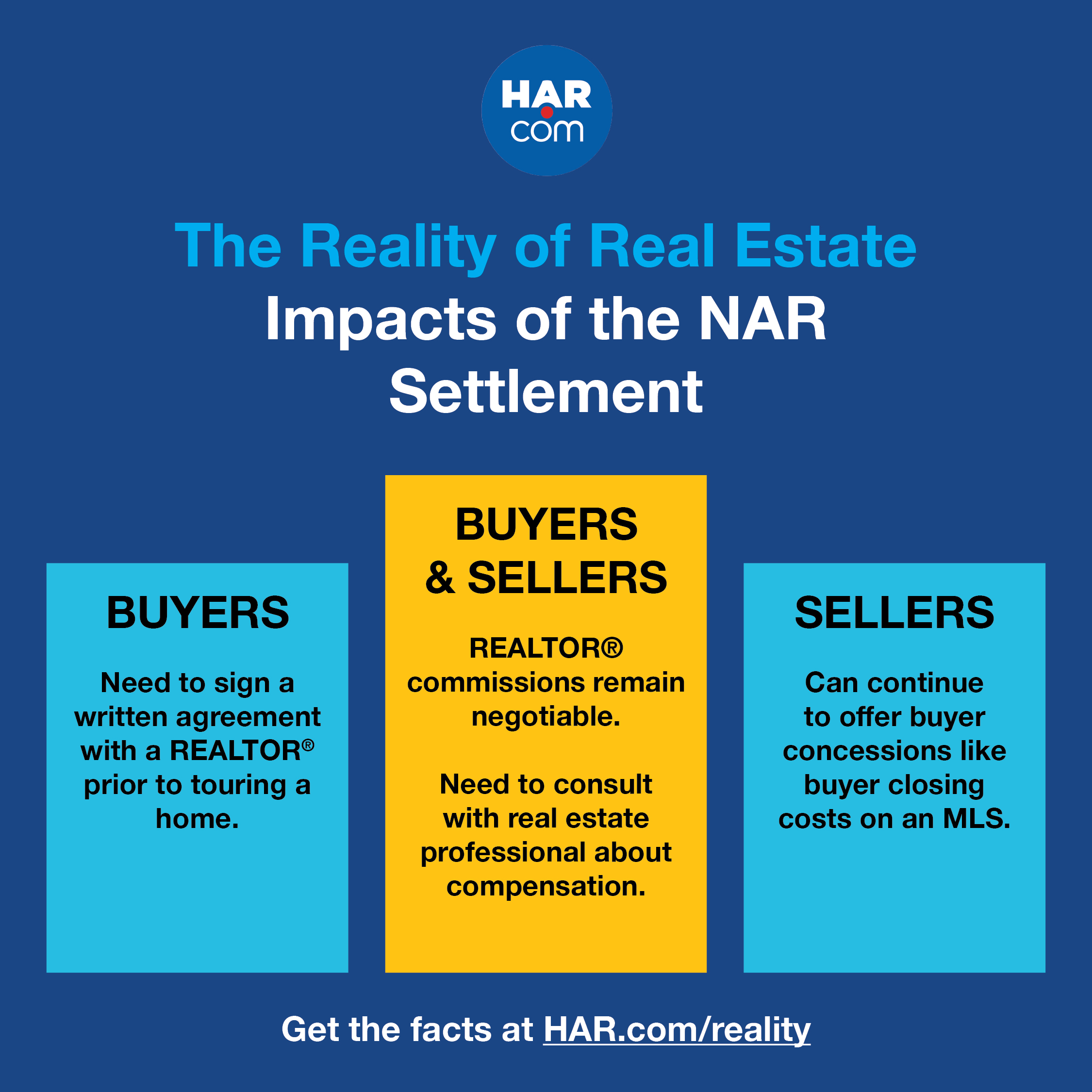Common Mistakes to Avoid for First-Time Home Buyers on Their Journey
As a novice home purchaser, it's very easy to forget crucial aspects of the procedure. You may believe you're ready, however without a sensible budget plan and a clear understanding of added costs, you might be establishing on your own up for difficulties. Missing vital steps like home mortgage pre-approval or home assessments can result in costly surprises. Allow's check out these usual blunders and how to navigate your trip properly.
Falling short to Create a Realistic Spending Plan
Producing a solid budget plan is vital for first-time home purchasers. It sets the foundation for your home-buying journey and assists you recognize what you can truly afford. Begin by reviewing your income, cost savings, and current costs. Consist of mortgage payments, real estate tax, insurance, and upkeep costs in your estimations. Do not forget to make up possible rates of interest and how they can influence your month-to-month repayments.
You'll desire to establish a realistic rate range based on these numbers. Prevent the lure to stretch your budget plan for a dream home; it can result in financial stress later on. Furthermore, be flexible with your requirements and wants; focus on essentials over luxuries. A tactical spending plan will certainly not only direct your home search yet additionally supply satisfaction as you browse this significant investment. Stick to your budget, and you'll make smarter decisions throughout the purchasing procedure.
Disregarding Extra Expenses Beyond the Acquisition Price

Real Estate Tax and Insurance
While you have actually likely budgeted for the acquisition cost of your new home, it's necessary not to ignore the recurring costs of building tax obligations and insurance coverage. Home taxes vary based on area and home worth, so study your area's rates to avoid surprises. By comprehending these continuous expenses, you'll be better prepared to manage your financial resources and enjoy your brand-new home without unanticipated economic anxiety.
Upkeep and Repair Service Costs
Several new home purchasers undervalue the importance of budgeting for upkeep and repair service expenses, which can quickly include up after relocating in. Professionals recommend establishing aside 1% to 3% of your home's worth annually for maintenance. Do not let these costs catch you off guard-- element them right into your budget to guarantee a smoother shift into homeownership.
Skipping the Home Loan Pre-Approval Refine
Typically, novice home buyers ignore the relevance of obtaining pre-approved for a home mortgage prior to starting their home search. This action isn't just a formality; it's essential for defining your budget plan and simplifying your search. Without pre-approval, you take the chance of dropping in love with a home you can't afford, losing time and energy.
Pre-approval gives you a clear concept of just how much you can borrow, making you a more eye-catching customer. Sellers frequently choose deals from pre-approved buyers due to the fact that it shows you're severe and financially prepared.
Furthermore, skipping this action can cause hold-ups later on. When you locate a home you enjoy, you'll desire to act rapidly, and having your funds figured out in advance can make all the distinction. Do not ignore the power of pre-approval; it sets a strong structure for your home-buying trip.
Overlooking the Value of a Home Assessment
When you're purchasing a home, skipping the examination can be an expensive error. A comprehensive evaluation reveals prospective issues and aids you recognize the residential or commercial property's real condition. Do not forget this helpful site crucial action; it might save you from unexpected fixings down the line.
Recognizing Examination Perks
While it might be tempting to miss a home examination to save time or cash, doing so can result in pricey shocks in the future. A comprehensive inspection aids you reveal potential click this link issues with the residential property that you might not observe during a walkthrough. You'll get insight right into the home's condition, consisting of the roofing, plumbing, and electric systems. This expertise encourages you to bargain fixings or adjust your offer based on the findings. Additionally, an evaluation can give assurance, guaranteeing you're making a sound financial investment. Bear in mind, a small ahead of time expense for an examination can save you from significant expenditures in the future. It's a necessary action in your home-buying trip that you shouldn't overlook.
Usual Evaluation Oversights
Several novice home purchasers undervalue the relevance of a home assessment, thinking it's either unneeded or too expensive. You might miss covert issues like mold and mildew, pipes issues, or electric threats that can set you back thousands to repair later. A little ahead of time price can save you from significant headaches down the road.
Not Looking Into the Neighborhood

Speak with possible next-door neighbors to obtain a feel for the area. Are they pleasant? Do they care for their buildings? This understanding can aid you comprehend what living there could be like. Do not forget to check criminal activity rates and future growth plans. These elements can greatly influence your home's value and your lifestyle. By spending time in community study, you'll make a more enlightened choice, ensuring your new home is really an area you'll enjoy for several years to come.
Hurrying Into a Choice
Hurrying right into a decision can result in pricey blunders when acquiring your first home. You may really feel pressured by excitement or an affordable market, but taking your time is important. Skipping crucial steps like complete assessments or adequate study can lead to remorse and financial strain down the line.
Prior to making a deal, take into consideration all the variables-- place, spending plan, i was reading this and future needs. It is essential to examine properties thoroughly and not just opt for the very first one that captures your eye. Review your alternatives with a relied on property agent who can provide beneficial understandings.
Overlooking to Understand the Home Acquiring Refine
Skipping action in the decision-making process typically causes overlooking essential facets of home buying. If you do not completely recognize the home purchasing process, you take the chance of making costly errors. Begin by familiarizing yourself with vital terms like pre-approval, backups, and closing prices. Each step, from looking for a home to making an offer, plays a vital duty in your journey.


Furthermore, understand your economic limitations and just how home loan prices function. A clear understanding of these ideas assists you make informed decisions. By putting in the time to educate yourself on the home purchasing process, you'll really feel much more confident and ready, inevitably leading to a smoother transaction.
Often Asked Questions
How Can I Improve My Debt Rating Before Purchasing a Home?
To enhance your credit rating prior to buying a home, pay down existing debts, make payments in a timely manner, restrict new credit score inquiries, and check your credit score record for mistakes. These actions can significantly enhance your score.
What Sorts of Home Loans Are Readily Available for First-Time Customers?
As a newbie buyer, you'll discover numerous home mortgage types readily available, like fixed-rate, adjustable-rate, FHA, and VA finances. Each option has distinct benefits, so examine your economic circumstance to choose the most effective suitable for you.
Should I Collaborate with a Property Agent or Do It Myself?
You should certainly think about collaborating with a property representative. They've obtained the experience and resources to navigate the market, negotiate better offers, and save you time, making the home-buying process smoother and a lot more reliable.
The length of time Does the Home Buying Process Generally Take?
The home acquiring process generally takes around 30 to 60 days when you've made an offer. Nonetheless, factors like funding and examinations can extend this timeline, so it's best to stay ready and versatile.
What Are Closing Expenses, and Exactly How Much Should I Expect to Pay?
Closing costs are costs due at the home purchase's end, including finance origination, assessment, and title insurance policy. You should expect to pay about 2% to 5% of the home's price in closing expenses.